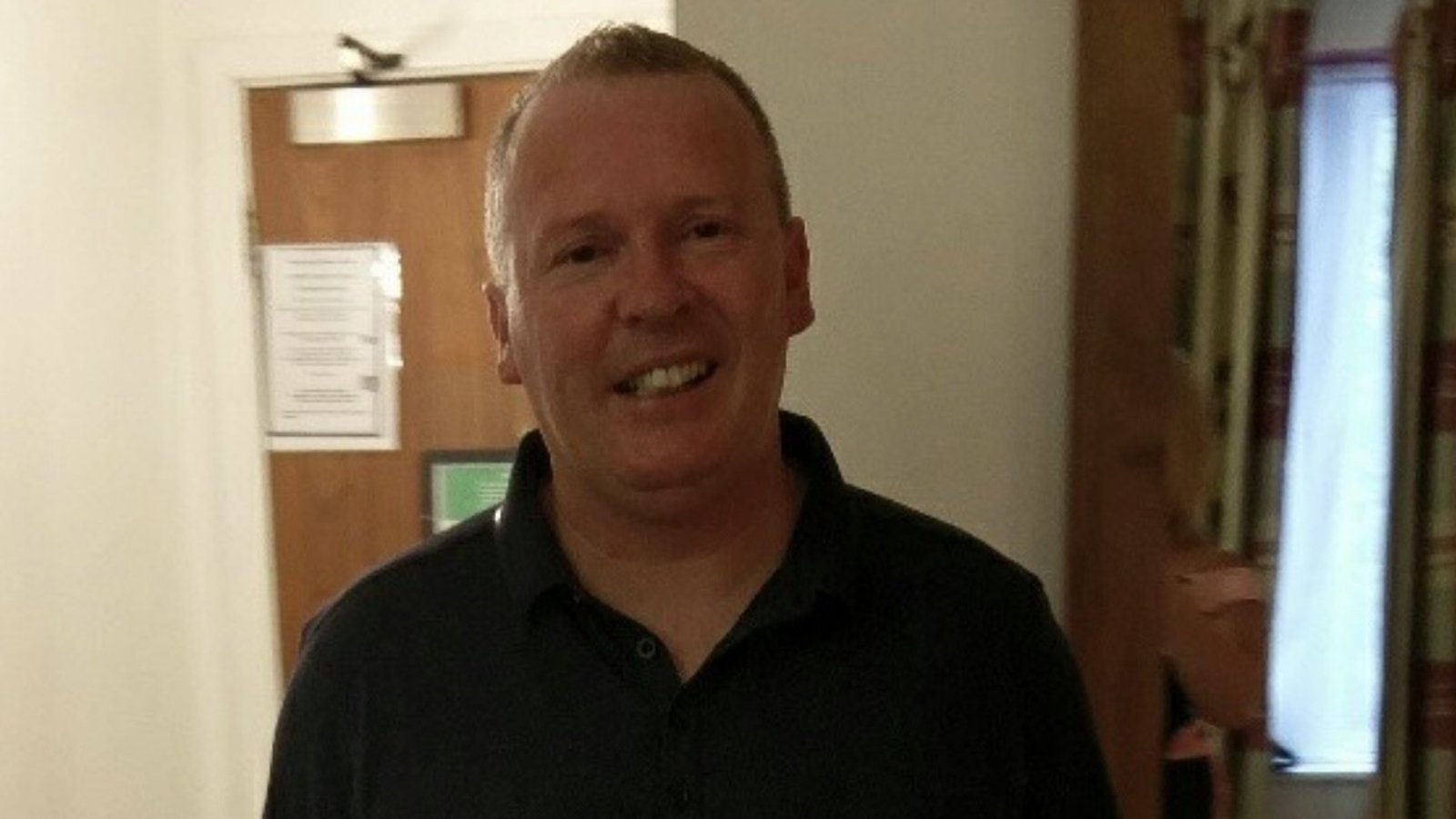World
Dublin taxi driver found guilty of rape of young women

A 50-year-old taxi driver has been found guilty of rape.
Raymond Shorten, from Melrose Crescent, Clondalkin in Dublin, had denied raping two young women on separate nights in summer 2022.
After deliberating for a total of 76 minutes since yesterday the jury found him guilty on all three charges of rape by unanimous verdict.
He was remanded in custody and will be sentenced on 1 July.
The prosecution had described Shorten as “predatory” and said he had targeted vulnerable women who were drunk and trying to get home.
Prosecuting counsel Gerardine Small described the man’s accounts of having consensual sex with each of the women as a “farce” and “ludicrous”.
The court heard that both women had both been working, socialising and drinking in the city centre. The first incident took place in June 2022 and the second in August of that year.
Both women found themselves in a taxi driven by the accused while on their way home from a night out and each said they were raped by him.
In the witness box the first young woman, who is now aged 21, told the court that she was raped by Shorten in the back of his taxi in the early hours of 26 June 2022.
She told the court she had been out with work colleagues but became separated from them.
The woman described herself as “very drunk” after drinking more alcohol than she would be used to and was drifting in and out of consciousness.
The second young woman, also now aged 21, said she had been going on a night out with friends and the plan was to stay in her friend’s house.
After leaving a nightclub at around 2.30am she became separated from her friends and decided to go home.
She said she was tired and quite drunk and could not remember if she had hailed a taxi or whether it had just stopped for her.
She got into the back of the cab, told the taxi driver she wanted to go home, told him where she lived and then fell asleep.
The next thing she remembered, she said, was waking up with the taxi driver on top of her.
She realised that he was having sex with her and she said she turned her head away because she did not want him to kiss her. She said she was sore and in shock. She did not know how to fight back because she could not believe what was happening.
In her closing speech, Ms Small told the jurors that consent to a sexual act must be free and voluntarily given.
A person who was asleep or unconscious could not consent and if a person could not consent because of alcohol or drugs, then they were incapable of consent, Ms Small said.
She said they may decide that the evidence of the three other women who said they consented to sex was irrelevant as the complainants in this case did not consent.
Ms Small said the evidence of the two young women was compelling and there was no question that either of them consented to having sex with the man.
It was unlikely that two young women who did not know each other would make similar accusations against the same man within six or seven weeks of each other, she said.
Ms Small told the jury Shorten was a public service vehicle licence holder whose job was to get the two young women home. But she said that was not what he did.
He preyed on vulnerabilities – and the fact that both girls were drunk and very sleepy, she said.
Shorten told gardaí that in each case the interactions with the women were instigated by them and were consensual.
The court heard defence evidence from three other women who said they had consensual sex with him on other occasions in the back of his taxi. One of the women said she would never have had sex with him if she had been sober.
Defence counsel Lorcan Staines told the jurors they were not there to decide on morals or whether the man’s behaviour was appropriate but to decide on his guilt or innocence without emotion.
In his closing speech, Mr Staines said there was no doubt this was an appalling case and the picture pained of his client’s actions was deeply unpleasant.
However he said the case was not about morals, or appropriateness or his future employment.
He told them they had to be sure about his guilt and if they accepted his account of what had happened was reasonably possible then they had to give him the benefit of the doubt.
Mr Staines said rape cases were particularly difficult as there were only two people present and the jury had to deal with the accounts of human beings.
He said there were quite significant question marks, difficulties and flaws in the case and there were issues of memory and confusion.
Mr Staines said his client’s accounts of what happened may have sounded highly unlikely.
But when gardaí investigated sexual messages on his phone, they found three women who did have consensual sex with him in the back of his taxi.
He said the unpleasant truth was that the young woman did not remember how the encounter had begun.
To convict of rape, the jurors must be sure the man did not know the women were consenting or was reckless as to whether they were consenting or not, Mr Staines said.
He told the jurors that a verdict of not guilty did not mean the man had acted appropriately or that he was a good man.
All it meant is that they had a reasonable doubt.
The jury began deliberating yesterday and has deliberated for total of 76 minutes before delivering unanimous guilty verdicts.










